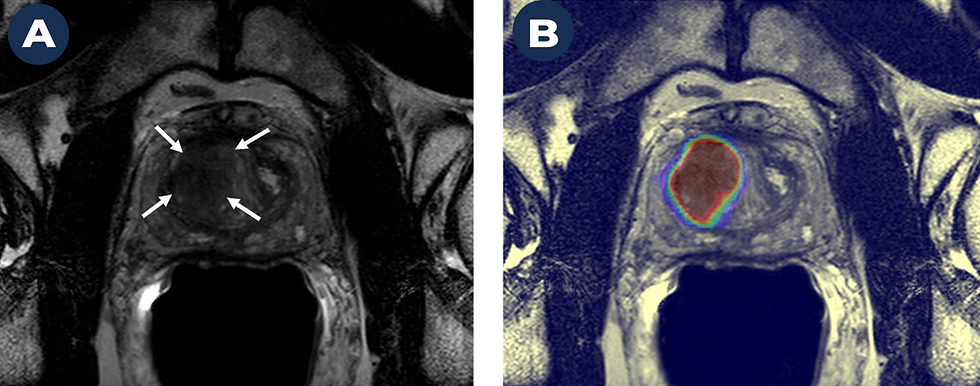AI in nuclear medicine
- Pharma Nuclear Services

- Oct 5, 2022
- 1 min read
Application of artificial intelligence in nuclear medicine and molecular imaging: A review of current status and future perspectives for clinical translation.

Growing numbers of patients, higher demands for quality like early detection and personalized therapies and an increasing workload for medical and nursing staff creates a demand for automation and the need for extracting more information from acquired data. Potential advantages of AI are already visible in screening routines in which a high number of patients (and associated data) are investigated for the presence or absence of disease, with results that are not worse than human performance. For example, McKinney et al. were able to show non-inferiority of their algorithm for screening of breast cancer as compared to experienced radiologists At the same time, AI results are being criticized because of the lack of transparency and consequently a potential lack of reproducibility.




Comments